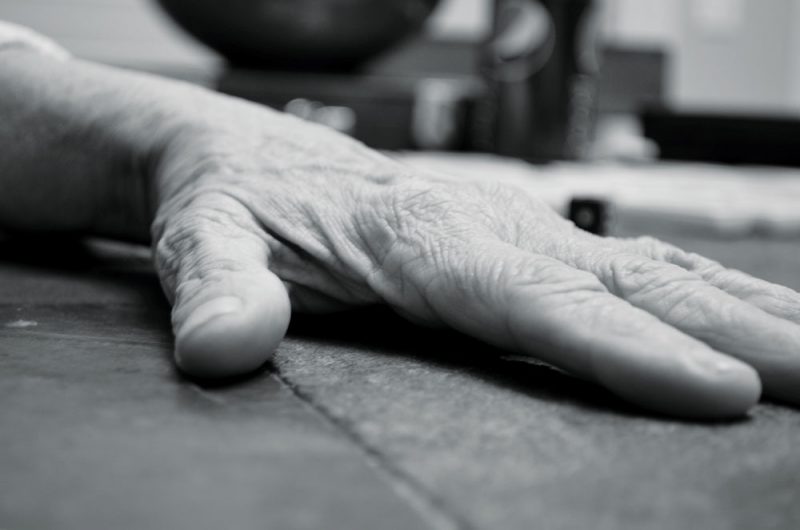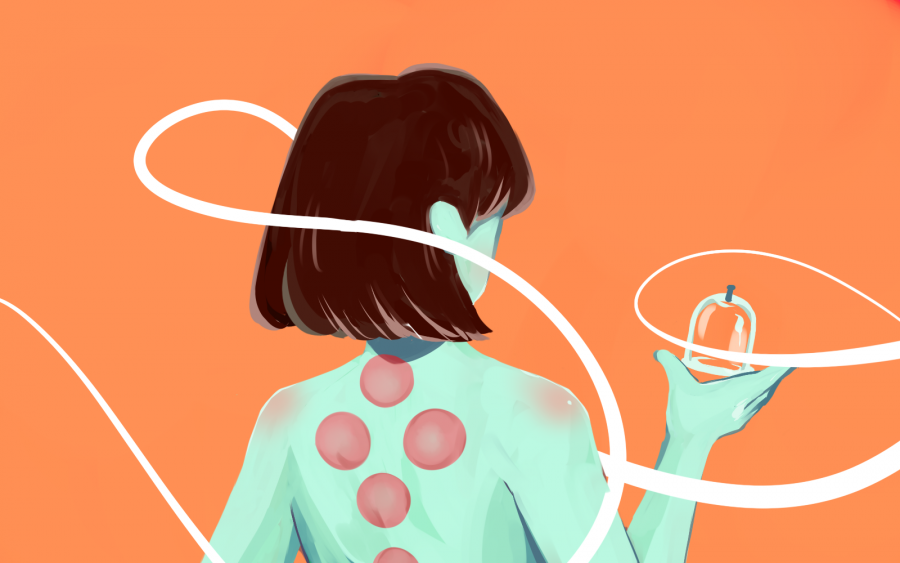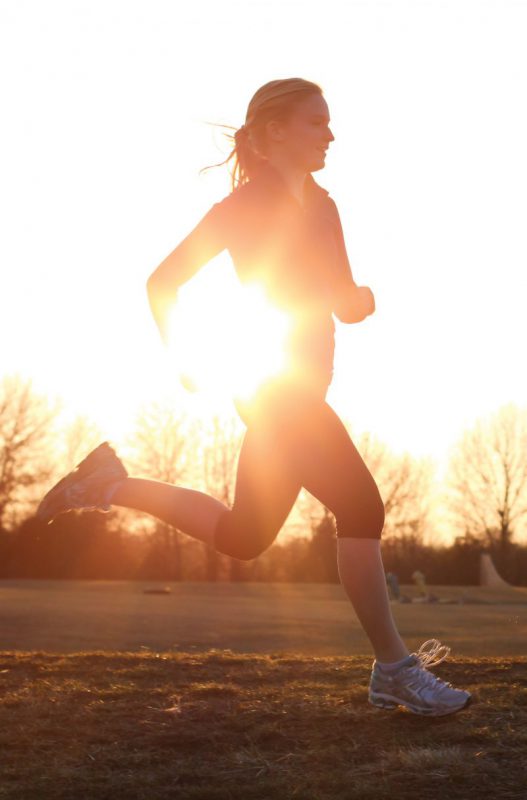[heading size=”28″ margin=”0″]Animals provide emotion, social support[/heading]
Humans and animals have shared a personal connection as far back as 32,000 years ago, which is when researchers believe dogs became domesticated pets, according to phys.org.
Since then, multiple people around the world have started organizations like the American Psychological Association-Human Animal Interaction and the American Humane Association, which seeks to expand on the minimal amount of information behind the relationship between humans and animals.
Stemming from the University of Missouri’s Medicine College program are researchers interested in learning more about the bond that connects people with animals. The founder of Research Center for Human-Animal Interaction, Rebecca Johnson, designed this program to research the health benefits behind human-animal interaction.
Members of ReCHAI also strive to educate the public that Animal Assisted Activity is a beneficial form of complementary therapy by documenting their evidence.
Postdoctoral fellow Gretchen Carlisle said her role involves a little bit of all the studies conducted in the program, like helping children who have been abused and children with autism keep calm by placing a dog by their side.
“Most of our research involves community so we [don’t have any] hospital based programs,” Carlisle said. Children “with autism that live with pets seem to have better social skills in some particular social skill area. It [is] common for them and their parents to think that it helps them to have companionship and friendship and that’s something that is difficult for children with autism sometimes.”
“Sometimes people struggle with making connections or trusting humans.” Dana Harris, a BHS outreach counselor.
Bella is blind in one eye because her previous owner neglected to take her to the vet after an eye injury, resulting in an infection. Her blindness allows kids to empathize with her situation and relate to her pain.
“[Bella has] sat in my office and seen lots of tears,” Harris said. “Sometimes it’s just easier to connect with a pet because they don’t judge or disappoint you.”
Sometimes Harris has a student come in who might be crying or anxious but does not open up to guidance due to his or her broken trust and pain. She said Bella seems to know when they are upset and will sit next to the student, who immediately respond by petting her or simply smiling.
“Sometimes people struggle with making connections or trusting humans,” Harris said, “but are able to give and receive unconditional love from pets.”
Among other scientific proof that supports the idea of a connection between people and animals, Carlisle said there is research showing that an animal encourages interaction with others, serving as a social incentive.
Evidence behind this can be explained by the rise and fall of a hormone normally associated with stress called cortisol.
“The science behind it has to do with cortisol,” Carlisle said. “That’s how we know that animals provide a calming effect for people, [by] decreasing their anxiety.”
Cortisol is the hormone that the body produces when under stress. According to petsbest.com, cortisol levels in the bloodstream decrease when someone is petting a dog. This results in feelings of comfort and calm.
Junior Jodie Bappe said she is not surprised that scientific evidence suggests animals can be calming to people. In fact, the relationship between Bappe and her dog, Daisy, proves this.
Daisy, Bappe’s three-year-old beagle and dalmatian mix, has big brown eyes and the distinct markings of a dairy cow.
“I wholeheartedly believe that animals have a special ability to warm the hearts of human beings [by] making them feel better,” Bappe said. “Daisy licks my face whenever I cry and lays next to me until I feel better.”
According to a study conducted by conducted by Deborah Custance and Jennifer Mayer of Goldsmith’s College, London, when a dog owner fake-cried along with a stranger, the owner’s dogs approached whoever was crying regardless of their identity. This means they were reacting to people’s emotions, which suggests a response similar to empathy in the dog’s attempt to offer comfort.
Bappe finds that all her pets provide a sense of contentment. She owns a variety of pets including a cat and a tortoise.
She believes there is a mutual understanding between a person and his or her pet, and experiences this with all of her pets.
Something that she tries to provide every day to her pets, she said, is love and affection.
“I think animals have a loving and compassionate instinct that brings out the good in everyone,” Bappe said. “But it’s a two-way street; in order for this connection to occur, you have to open up your heart for the animal and let them know that you love them.”
By Grace Vance
Volunteering at the Humane Society along with other members of the RBRO Human Society core Wednesday, Oct. 15, junior Stephanie Gregg cares for a four-month old kitten named Cookie. Gregg also walked Scooby, a dog, and played with other kittens at the shelter. Photo by Caylea Erickson.[vc_flickr type=”user” display=”latest”]



























































































Joy Park • Nov 7, 2014 at 9:15 pm
The various reasons on why/how an animal provides humans with emotional and social help were clear throughout the article with the use of repetition and personal anecdotes. Both emotional and scientific reasoning were appealing, and quotes revealed exclusive perspectives.
Rochita Ghosh • Nov 7, 2014 at 10:45 am
Wish there was some RBHS perspective, but I still like the article. I love the relationship between pets and humans a lot and I’m happy you explored it.